معلومات عنا
حقوق الطبع والنشر © 2024 Desertcart Holdings Limited
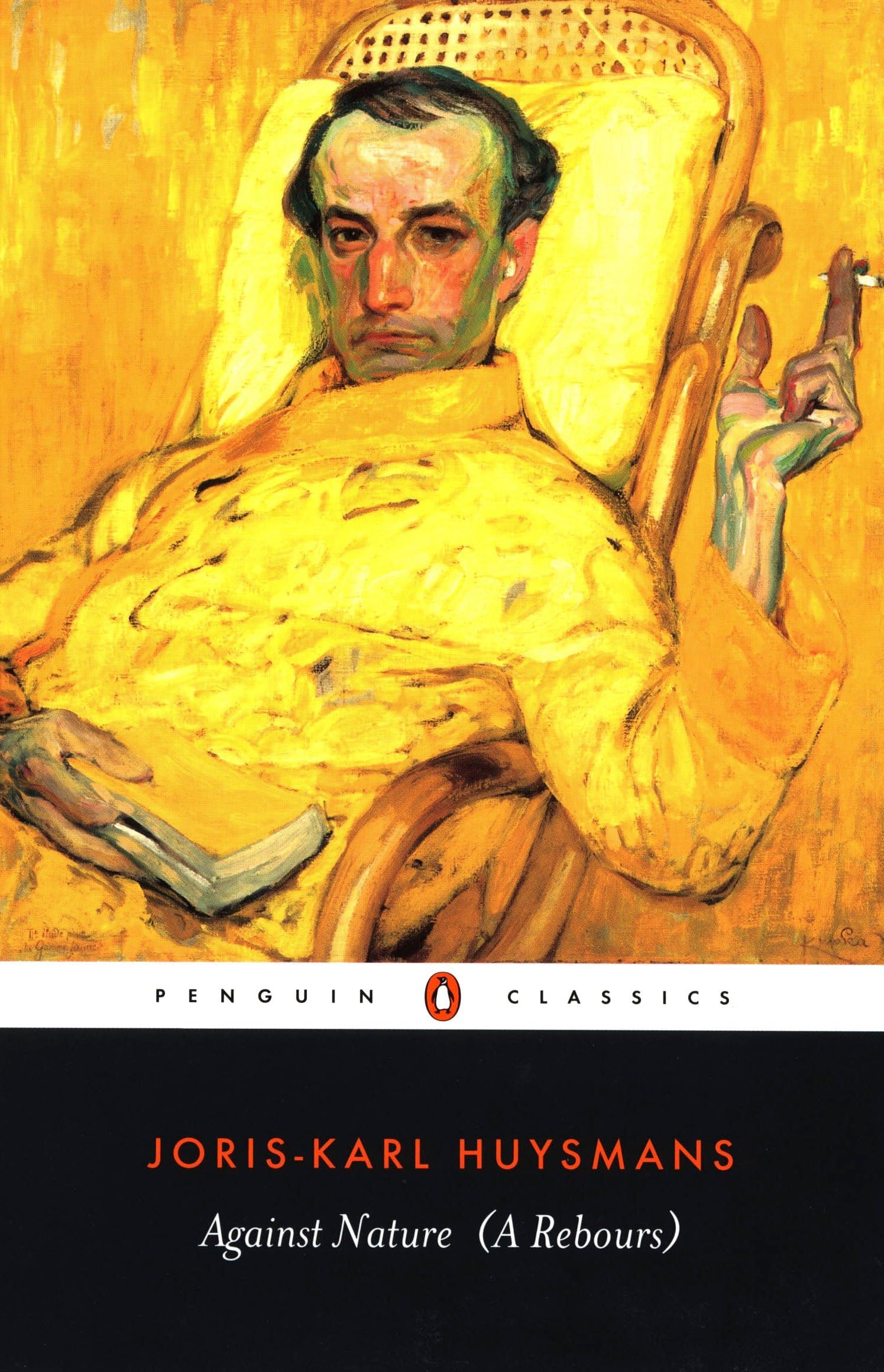

Against Nature (A Rebours) (Penguin Classics) [Huysmans, Joris-Karl, Mcguiness, Patrick, Baldick, Robert, Mcguiness, Patrick] on desertcart.com. *FREE* shipping on qualifying offers. Against Nature (A Rebours) (Penguin Classics) Review: An Internet Rant from 1884 - After reading "Submission" by Michel Houllebecq, where the main character's career revolves around J.K. Huysmans and "The Strange Death of Europe" by Douglas Murray, which mentions the book "Au Rebours" and the author's journey to salvation, I decided I should try reading the book itself. Upon finishing it, I can honestly say I've never really read anything like it in classical literature. For a book about nothing, as many claim, this book has a lot to say about, well, everything. The book focuses on the life, or rather the lack thereof, of Des Esseinties. The main character is an older, somewhat wealthy gentlemen who is so fed up with his meaningless lifestyle that he goes into complete seclusion in the countryside. Hiding from the world in his house at Fontenay, Des Esseinties reflects upon his education, his personal relationships, his expectations and disappointments, and, most of all, his problems with both the Christian religion and the current state of materialistic French society. Des Esseinties spares no one in his disparaging revelries, but through it all is the sense that he is searching or missing something. His isolation, like everything else he's tried, inevitably fails him and his words in the final chapter are full of emotional despair for the things in life he cannot find, nor entirely understand. I went into this book not really knowing what to expect. At its core, it's essentially a very long, albeit detailed and entertaining, whine. For that alone, this book has every reason to fail, and yet I found myself as unexpectedly fascinated by the insights of the main character as the French people did in 1884. Huysmans, through his character, spares no one and nothing from his mockery, finding only solace in his reading of books, mostly in the Latin tongue. The sheer amount of literature and historical figures covered in this book, if only briefly, is somewhat remarkable. Des Esseinties tries to keep himself entertained by French society and, when that fails, he turns to perfumes, artwork, travel and finally literature. All of these things provide him only temporary respite as he searches for a faith in something he can't describe. The overall picture painted is one of an unprincipled society drifting further and further into meaningless drivel to fill the void left behind by religion and community. In a sense, that description doesn't seem that much different from today. I think what I enjoyed the most, however, was reading the letter by Huysman himself twenty year later. As critics from all sides lambasted this book, and him for writing such a wretched thing, one critic stood out to him by simply saying, "After such a book, it only remains for the author to choose between the muzzle of a pistol or the foot of the cross." Huysman made his choice in the end and found what he was searching for at long last. Perhaps true peace can only be found after knowing so much, yet understanding so little and finally being able to ask the right questions. French authors seem to be excellent at creating biting commentary in worlds full of ennui. I got much, much more out of this novel than I was expecting, but I also understand why someone would not like this book. If you're interested in learning more about the disintegration of France, and really Europe as a whole, during this time period, then I would suggest picking this up and giving it a chance. Review: This is the one to get! - I'll assume that you already know about this book, or can get what you need from the other reviews. I'm just focusing on the edition: the 2004 Penguin Classics reprint of Robert Baldick's 1956 translation but with a new introduction and notes by Patrick McGuinness (and a new cover, of which more anon). Now, I think of myself as a Huysmans 'completist,' and would have thought that I have a copy of just about every edition. But I've never seen this one in a bookstore (even here in NYC) and only came across it by accident on desertcart. As other reviewers have noted, the translation, though older, is much more readable than the Oxford Classics one. The latter has far more annotation, especially for the surveys of Latin and French "decadent" literature, but you really don't need that for more than your first reading. This is the edition to get if you plan to revisit the work from time to time, as I did (and do). Why else? Well, the Oxford edtion is printed on cheap, thin paper that browned almost immediately, and produces irritating "see-through" effects; the cover, of my copy at least, instantly creased itself rather than folding, making it hard to hold (and ugly). This Penguin is on bright, white paper, and with larger type (though consequently is also a bit larger in size). Des Esseintes would approve! But the main reasons are two: the intro, and the cover. McGuinness does a much better, or at least more interesting, job of relating the book to its time and ours, bringing in far more interesting tie-ins (Breton's "black 'umour" rather than "Huysmans's anality", Marianne Faithful saying she'd only bed guys who read the book, rather than Oxford's cringe-inducing comparison to Kurt Cobain(!)), though unlike Terry Hale in his introduction to the Penguin La Bas, he doesn't pick up on the fact that Huysmans' job at the "Interior Ministry" was actually comparable to our Dept. of Homeland Security rather than the traffic bureau. But it was the cover that first led me to notice this on desertcart. It's a wonderful portrait by Franz Kupka (not Kafka!), "The Yellow Scale," which depicts an amazingly burnt out aesthetic type, wrapped up in a yellow robe, yellow book (of course) in one hand, and cigarette burning out in his other limp, yellow hand. Against the rest of the regulation black Penguin Classics cover, it's quite striking, and far more original than the old cover, Whistler's portrait of Montesquiou, or Oxford's Salome. (While McGuinness's intro makes a good case for "Against the Grain" as a better title, beware of the Dover edtion under that name: it's old and expurgated, as is the illustrated one from the '30s). Buyer beware!) In short, this is the one to get for the true Huysmaniac!

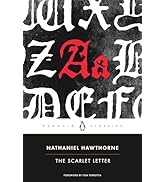


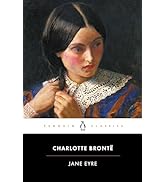
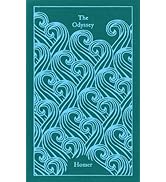
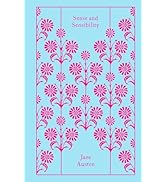
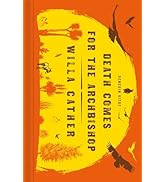
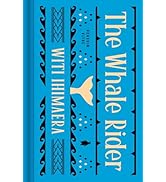
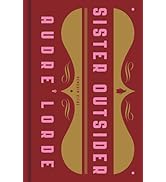
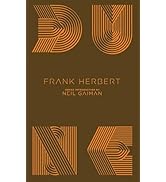
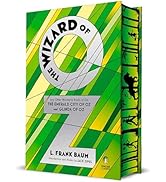
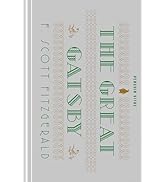
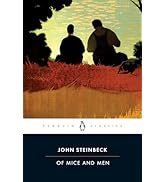
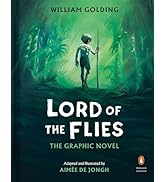
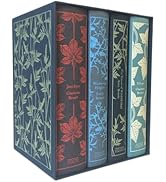
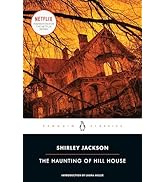
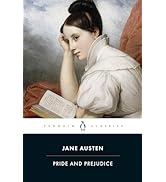
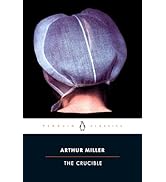

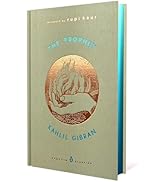
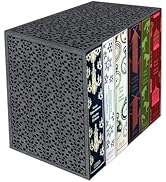
| Best Sellers Rank | #105,155 in Books ( See Top 100 in Books ) #709 in Contemporary Literature & Fiction #2,145 in Classic Literature & Fiction #4,760 in Literary Fiction (Books) |
| Customer Reviews | 4.3 out of 5 stars 375 Reviews |
K**Y
An Internet Rant from 1884
After reading "Submission" by Michel Houllebecq, where the main character's career revolves around J.K. Huysmans and "The Strange Death of Europe" by Douglas Murray, which mentions the book "Au Rebours" and the author's journey to salvation, I decided I should try reading the book itself. Upon finishing it, I can honestly say I've never really read anything like it in classical literature. For a book about nothing, as many claim, this book has a lot to say about, well, everything. The book focuses on the life, or rather the lack thereof, of Des Esseinties. The main character is an older, somewhat wealthy gentlemen who is so fed up with his meaningless lifestyle that he goes into complete seclusion in the countryside. Hiding from the world in his house at Fontenay, Des Esseinties reflects upon his education, his personal relationships, his expectations and disappointments, and, most of all, his problems with both the Christian religion and the current state of materialistic French society. Des Esseinties spares no one in his disparaging revelries, but through it all is the sense that he is searching or missing something. His isolation, like everything else he's tried, inevitably fails him and his words in the final chapter are full of emotional despair for the things in life he cannot find, nor entirely understand. I went into this book not really knowing what to expect. At its core, it's essentially a very long, albeit detailed and entertaining, whine. For that alone, this book has every reason to fail, and yet I found myself as unexpectedly fascinated by the insights of the main character as the French people did in 1884. Huysmans, through his character, spares no one and nothing from his mockery, finding only solace in his reading of books, mostly in the Latin tongue. The sheer amount of literature and historical figures covered in this book, if only briefly, is somewhat remarkable. Des Esseinties tries to keep himself entertained by French society and, when that fails, he turns to perfumes, artwork, travel and finally literature. All of these things provide him only temporary respite as he searches for a faith in something he can't describe. The overall picture painted is one of an unprincipled society drifting further and further into meaningless drivel to fill the void left behind by religion and community. In a sense, that description doesn't seem that much different from today. I think what I enjoyed the most, however, was reading the letter by Huysman himself twenty year later. As critics from all sides lambasted this book, and him for writing such a wretched thing, one critic stood out to him by simply saying, "After such a book, it only remains for the author to choose between the muzzle of a pistol or the foot of the cross." Huysman made his choice in the end and found what he was searching for at long last. Perhaps true peace can only be found after knowing so much, yet understanding so little and finally being able to ask the right questions. French authors seem to be excellent at creating biting commentary in worlds full of ennui. I got much, much more out of this novel than I was expecting, but I also understand why someone would not like this book. If you're interested in learning more about the disintegration of France, and really Europe as a whole, during this time period, then I would suggest picking this up and giving it a chance.
J**A
This is the one to get!
I'll assume that you already know about this book, or can get what you need from the other reviews. I'm just focusing on the edition: the 2004 Penguin Classics reprint of Robert Baldick's 1956 translation but with a new introduction and notes by Patrick McGuinness (and a new cover, of which more anon). Now, I think of myself as a Huysmans 'completist,' and would have thought that I have a copy of just about every edition. But I've never seen this one in a bookstore (even here in NYC) and only came across it by accident on Amazon. As other reviewers have noted, the translation, though older, is much more readable than the Oxford Classics one. The latter has far more annotation, especially for the surveys of Latin and French "decadent" literature, but you really don't need that for more than your first reading. This is the edition to get if you plan to revisit the work from time to time, as I did (and do). Why else? Well, the Oxford edtion is printed on cheap, thin paper that browned almost immediately, and produces irritating "see-through" effects; the cover, of my copy at least, instantly creased itself rather than folding, making it hard to hold (and ugly). This Penguin is on bright, white paper, and with larger type (though consequently is also a bit larger in size). Des Esseintes would approve! But the main reasons are two: the intro, and the cover. McGuinness does a much better, or at least more interesting, job of relating the book to its time and ours, bringing in far more interesting tie-ins (Breton's "black 'umour" rather than "Huysmans's anality", Marianne Faithful saying she'd only bed guys who read the book, rather than Oxford's cringe-inducing comparison to Kurt Cobain(!)), though unlike Terry Hale in his introduction to the Penguin La Bas, he doesn't pick up on the fact that Huysmans' job at the "Interior Ministry" was actually comparable to our Dept. of Homeland Security rather than the traffic bureau. But it was the cover that first led me to notice this on Amazon. It's a wonderful portrait by Franz Kupka (not Kafka!), "The Yellow Scale," which depicts an amazingly burnt out aesthetic type, wrapped up in a yellow robe, yellow book (of course) in one hand, and cigarette burning out in his other limp, yellow hand. Against the rest of the regulation black Penguin Classics cover, it's quite striking, and far more original than the old cover, Whistler's portrait of Montesquiou, or Oxford's Salome. (While McGuinness's intro makes a good case for "Against the Grain" as a better title, beware of the Dover edtion under that name: it's old and expurgated, as is the illustrated one from the '30s). Buyer beware!) In short, this is the one to get for the true Huysmaniac!
T**E
tmilledge
It arrived in a timely manner but had more wear than it had said. While this was disappointing, the book itself is amazing. The best of the decandence era. I reccomend this book to anyone who can appreciate art for the sake of art.
S**R
Huysmans’ great A Rebour (perhaps better translated Against the Grain)
Huysmans’ great A Rebour (perhaps better translated Against the Grain), is a mordantly brilliant plunge into the depths of modern decadence. With focused humor and sardonic sense of taste, Huysmans’s unfolds the story of Des Essaintes, the hermetic aristocrat on the borders of Paris, as he tries to seal himself in aesthetic rituals. Sliding vertiginously between the beautiful and divine, Against Nature is a brilliant defense of artifice and cultural alchemy.
F**E
Misanthropic Megalomanic Meanders about his Musings
I've typed and erased different reviews for this, maybe five different times. Here's what I'll try: The book has no plot. This is purposeful. With there being no plot, I'll simply outline what you should expect from the book. (I'll substitute Huysmans' name for Jean Des Esseintes, as the character of the book clearly represents Joris's thinking.) Joris--a somewhat skeptical skeptic of god and religion--has an unmistakable penchant for mysticism and religion writings. For this reason, expect most of his literary analysis to consist of theological writings that influenced him in some way. I found this tedious, and it's quite frankly why I thought lesser of this book than I could have. Joris enjoys visual pleasures, and thus will go into detail as to the layout and design, as well as the theory for the design, of his Fontenay residence. Take notes if you're looking to spice up your home. Joris has a keen sense of smell; expect various olfactory concoctions to show up. Joris strives for artificiality; he would rather sit in a room with a naval theme and some of Conrad's books than he would sit on a ship for a month long naval voyage. Expect a ubiquitous shunning of nature and natural things. Joris has a weak immune system, and doctors and remedies in that epoch were quackery; expect Joris often scheming some sensual recluse from his maladies. Joris despises all things popular; even if he is awe of a painting or a book, if that book is similarly adored by the public, his enjoyment of it is hindered. Expect references to obscure persons, paintings, literature, etc. Joris wrote with a dictionary/thesaurus on hand. I would recommend you read with them nearby. Against Nature (or Against the Grain--translation depending) is most insightful during his social commentaries, however I am often in disagreement with him. This doesn't mean I didn't gather some insight into decadence, into how to transform a dull home into a beautiful one for my own pleasure. Nevertheless, I found the book difficult to ultimately finishing, only closing out the last 40 pages over spring break, as I often had nothing better to do than finish it. If you're a dandy, then you'll love the book. If you adore fabrics and like smelling candles, you'll adore the book.
R**S
A must read for creative people
A delight for the senses. Huysmans takes you on that journey that we all share, a search for porpose and meaning. Especially in this age of social media, finding a personal place rich in unique , original personal identity has become even more valuable but ever more challengining. When does eccentricity cross over into madness? Once it does, is there any chance of returning to normal?
T**E
great at painting visual images with language
Dooooope. One of those books that feels FRESH AF across time, I think of passages from this book all the time... it took me months to read all the way, I didn't realize how much it was resonating with me til after ... great at painting visual images with language!
D**.
Amazing views of life delivered with a delicious use of language.
A remarkable book that seems to be more talked about than read. A must for any visual artist.
ترست بايلوت
منذ شهر
منذ أسبوعين